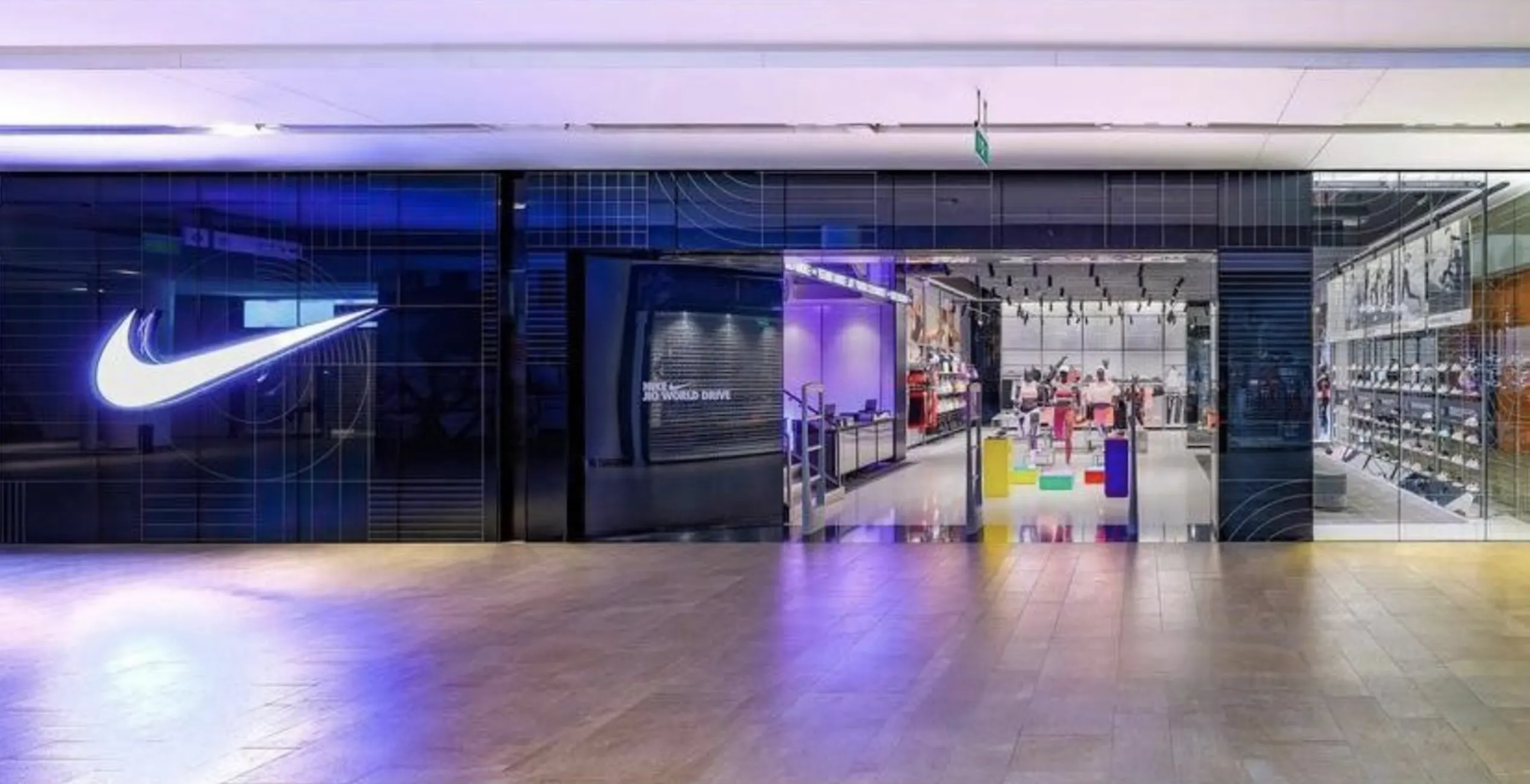Physical space has been a heavily coveted tool for societies at all stages of history and whilst socio-economic changes are changing our relationship with space, physical space is no less important in the present day.
Key shifts that are occurring and challenging our relationship with space:
1. Ownership to access (NearU from owning offices to providing on-demand workspace and Uber from car ownership to car utilisation)
2. Creating new value through circular economy (IKEA Buyback & Resell programme)
3. Products and services progressing from competing for a “share of wallet” to competing for a “share of mind” - creating a shift in the purpose of physical space with a greater focus on end-user thoughts, feelings and experiences relating to the brand (The Showroom at Sonos Covent Garden, The Dreamery by Casper x Headspace, Alkazar Rüyası by Nike x Refik Anadol)
Despite preconceptions about what the future of technology has to offer (think the likes of Web 3.0 and the Metaverse), more and more digital companies are actually moving their presence into the physical world in order to provide more immersive experiences for consumers. They are doing so by blending and engaging digital elements into the physical world.
We don’t need to emulate what already happens very efficiently online in physical space and this provides us the opportunity to begin re-thinking how space can work differently for us today.
Physical space gives us the opportunity to experience a level of spontaneity and lack of control: unexpected outputs in the experience that make it feel real and not conducted or designed from beginning to end.
Why is physical space still relevant?
1. It allows us to progress from transactions to relations (buying and shopping as a concept is a good example of this).
2. It helps us continue to using people (in new ways) to engage with products and services.
1. It allows us to progress from transactions to relations (buying and shopping as a concept is a good example of this).
2. It helps us continue to using people (in new ways) to engage with products and services.
As we look forward to a more technologically-enabled future, it can become easy to forget that the roles people perform are also going to have to change. Technology does not have to remove our need for people and interaction but it will require different people doing different things. A similar perspective is needed when considering the importance of space to a brand or to an experience. We are in a period of transition where technology has become a part of daily life but we are yet to be able to replicate very powerful experiences in the digital world. So we are seeing a trend where companies are delving back into the physical in search of something more immersive. In doing so, they are teasing some of the experiential opportunities technology has to offer in a blended approach.
Physical space is more important than ever but in order to capitalise on what it has to offer us we must change our approach to how we use it and continue developing new spatial strategies for responding to the experiential shifts of today.
References:
NearU - NearU https://nearu.io/
References:
NearU - NearU https://nearu.io/
Uber - Uber https://www.uber.com/
IKEA Buyback & Resell programme - IKEA https://www.ikea.com/kr/en/customer-service/services/buy-back-resell/
Alkazar Rüyası by Refik Anadol Studio - HOPE Alkazar, Nike https://www.nike.com/tr/experiences/series/10146
The Dreamery - Casper https://www.dezeen.com/2018/07/16/casper-offers-rentable-nap-rooms-sleeping-soho-new-york-city/
The Showroom, Covent Garden - Sonos https://thespaces.com/sonos-concept-store-london/
